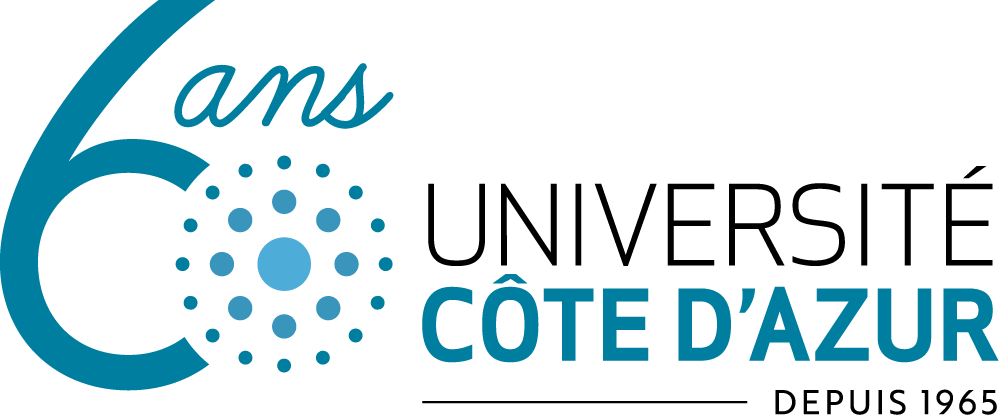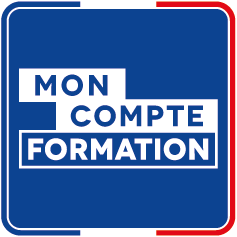FUTURE CAREERS
- Potential careers
-
- Regional public health research
- Socio-economic studies and forecasts
Go to content Navigation Direct access Intranet/ENT

Objectives of the program
The Syndemia double master's degree teaches students to conduct socio-economic research by using a syndemic approach to process public health data (a global approach to health determinants on a regional scale, based on social, economic and environmental interactions with health).
This innovative program is the only one of its kind in France. It leads to a career in regional public health research.
Success, satisfaction and employability rates
The Syndemia double master’s degree is a new program. Official data on success and satisfaction rates are not yet available, but the success and satisfaction rates for each of the component courses can be found on their respective websites (websites of Spub and Economic expertise).
The employability rate will be available on the website of the Observation of Student Life (OVE)

Training accessible to disabled people.
Consult website

Training eligible for "MON COMPTE FORMATION"
moncompteformation.gouv.fr</
Doctoral studies are also possible.
Tuition fees in initial education
Tuition fees in continuing education
Students who plan to enroll full-time in a public institution of higher education must pay the Contribution to student and campus life (Contribution de Vie Etudiante et de Campus - CVEC).
Students must also pay tuition fees, which are set by ministerial decree for national degrees. They are indexed to the national consumer price index.
More information about tuition fees is available on this webpage.
If you are returning to school after a professional experience, you can find more information about tuition fees on the website of the Université Côte d'Azur Continuing Education Department.
After receiving the authorization to enroll, you must register online.
Information about the application process
Welcome guide.















